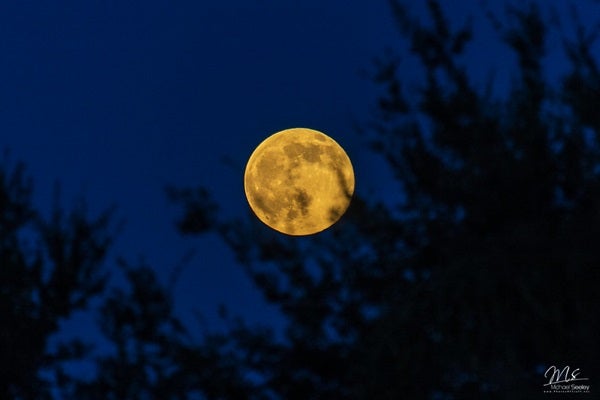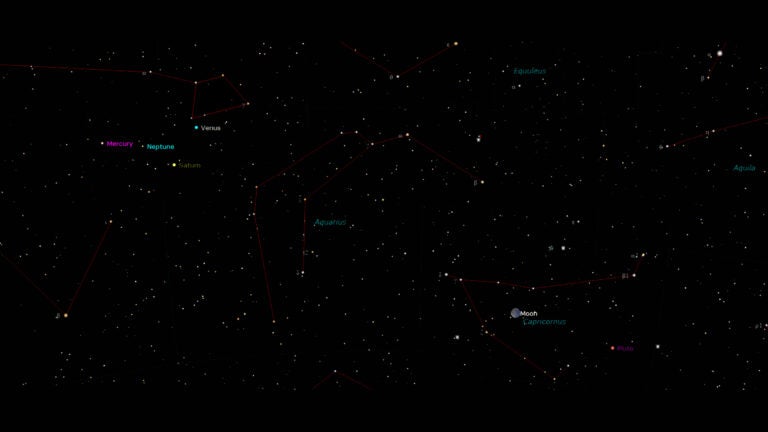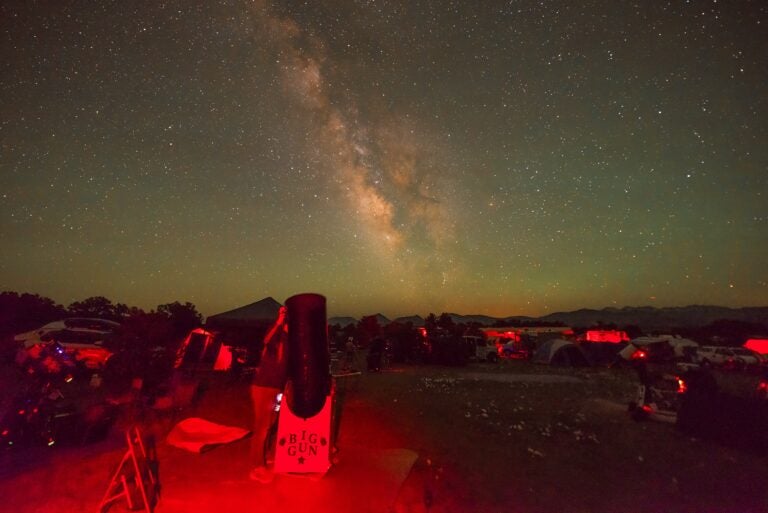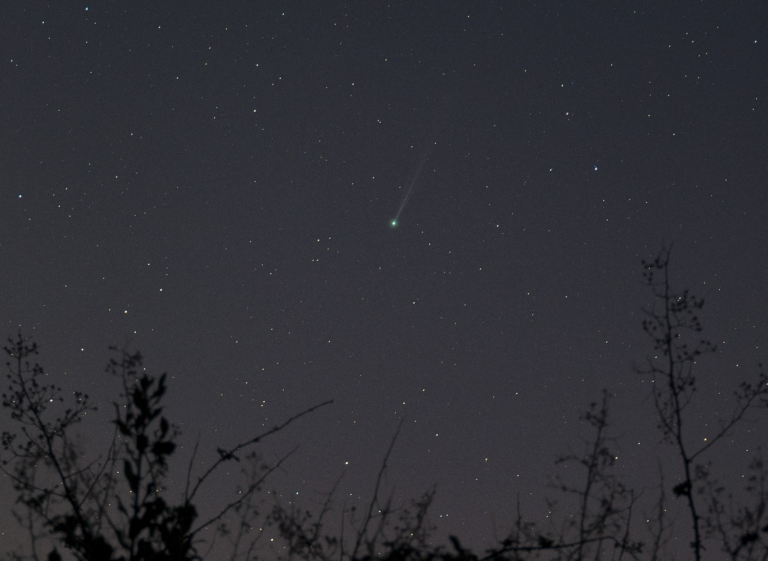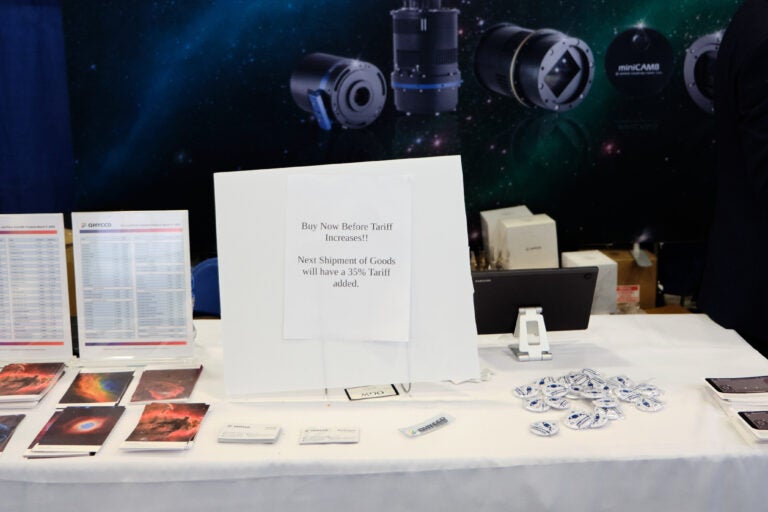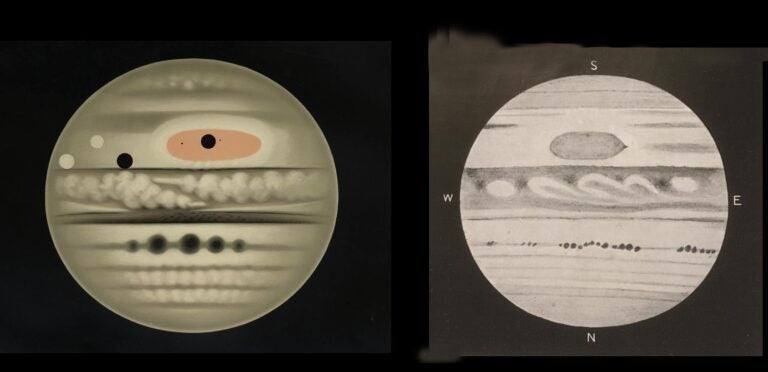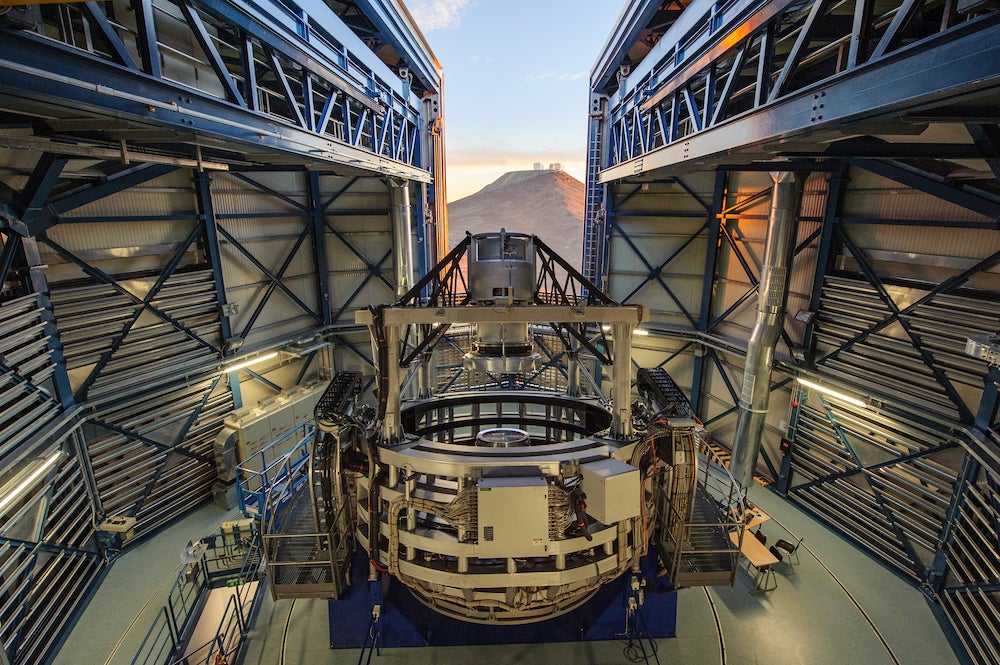
As with amateur scopes, dew is a potentially harmful problem at professional observatories because the water that accumulates on optical surfaces can interfere with the telescope’s performance, and it may leave a residue that is difficult to remove once the water evaporates. Cleaning these surfaces frequently can be both expensive and impractical.
Most professional instruments use large mirrors and do not have corrector plates like those we find on Schmidt-Cassegrain telescopes. Due to the area of a large mirror’s surface (and the mirror’s mass), the amount of heat required to avoid the condensation of water would raise the mirror’s temperature, distort the incoming light, and ruin the quality of any data gathered.
Amateur astronomers also are often surprised by the amount of dust on the optical surfaces at professional observatories. While this dust does not interfere with the observations, a dust particle can act as a nucleus for water to condense around and make a mess. Thus, most large observatories avoid dew by either closing the observatory well before a dew event is imminent or by air-conditioning the facility so the temperature stays the same as that outside.
A telescope operator acts as a steward for the facility and decides whether to open or close an observatory based on conditions such as high humidity, high winds, lightning, and particulates in the air. Sometimes this decision goes against a visiting astronomer’s desires (and thus, interesting conversations can follow). But the equipment is expensive, so erring on the side of caution is the typical policy.
Astronomers also build professional observatories at high and dry locations atop mountains. Humidity levels that exceed 80 percent at these locations usually accompany poor observing conditions (especially clouds) that warrant closing the facility anyway because data gathered would be of poor quality. In mountainous locations, storms can develop quickly during high humidity.
Adam Block
Mount Lemmon SkyCenter, University of Arizona
(February 2017 issue)

